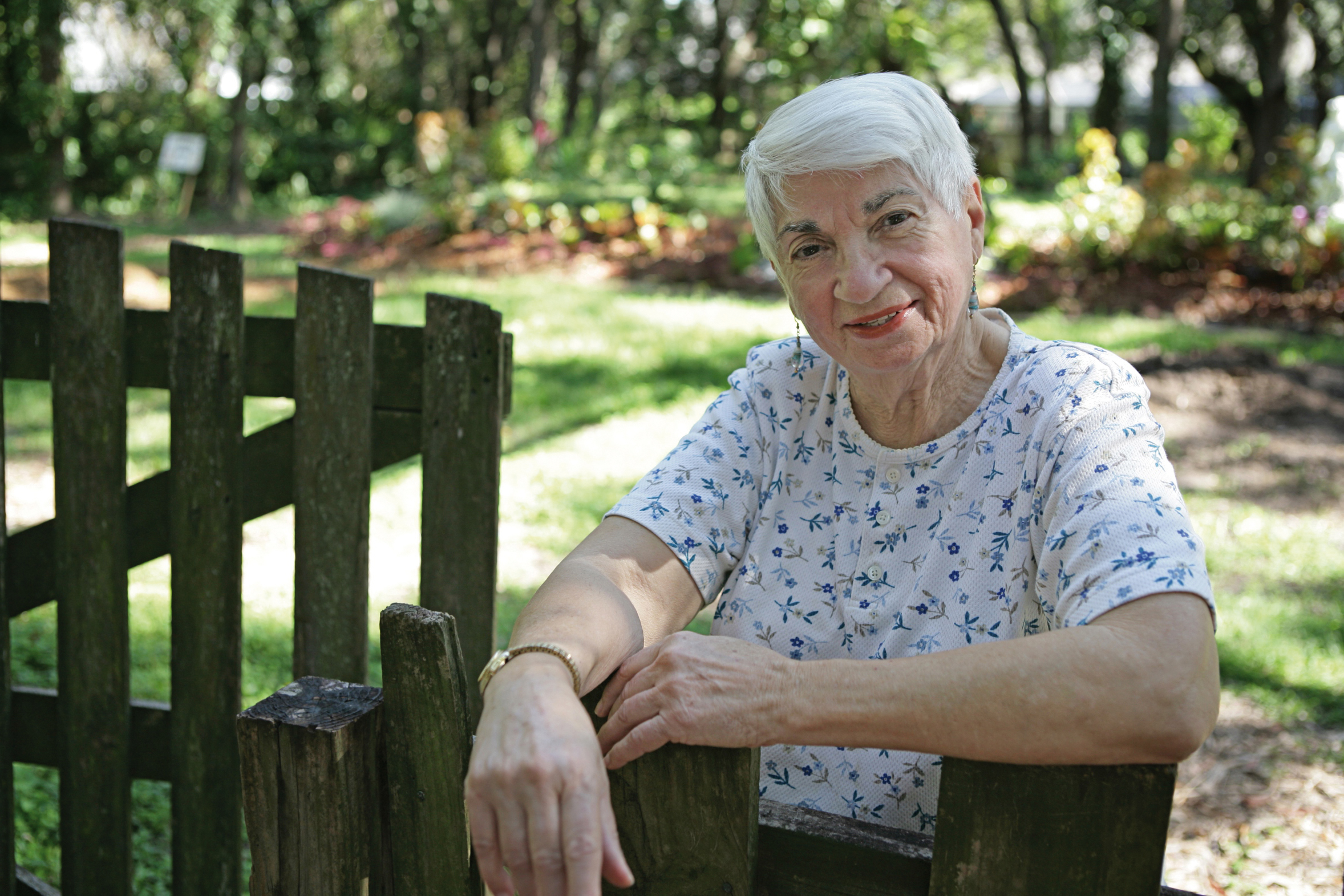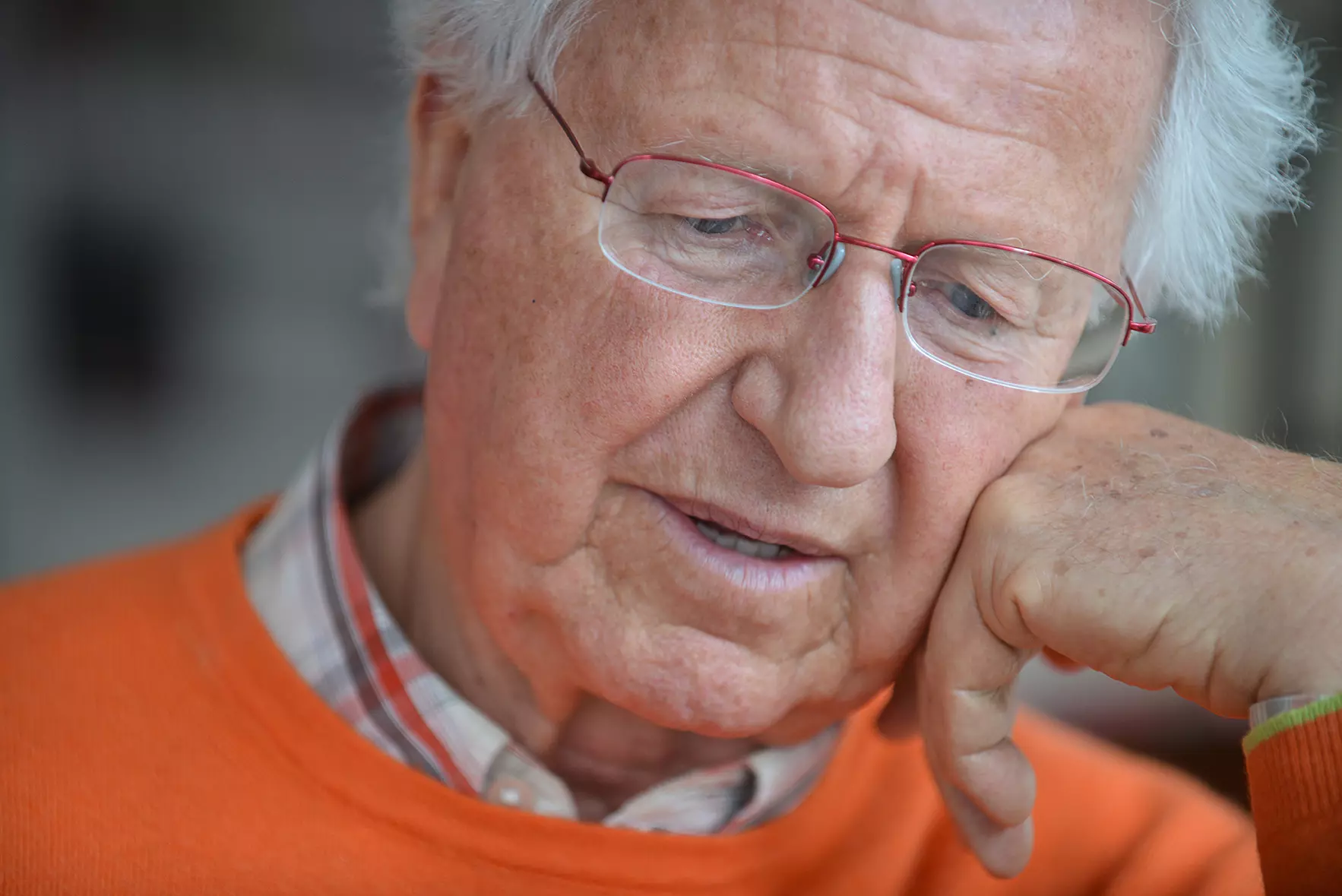
As dementia progresses, the need for expertise in both clinical care and compassionate support becomes more crucial. This is where specialist dementia nurses play a central role. These professionals combine medical knowledge with a deep understanding of how dementia affects memory, perception, communication and wellbeing.
In long-term care settings, specialist dementia nurses support not only the individuals living with dementia, but also families, carers and the wider care team. Their role is essential in promoting dignity, autonomy and comfort, even as cognitive abilities change.
What Makes a Nurse a “Specialist” in Dementia Care?
Specialist dementia nurses receive additional training in:
- How dementia affects the brain and behaviour
- Symptom progression and palliative considerations
- Pain recognition in individuals who may struggle to communicate
- Supporting emotional security and reducing distress
- Communication approaches tailored to cognitive change
- Strategies to manage agitation, confusion or disorientation
Their work is grounded in the principle that every individual’s experience of dementia is unique, requiring personalised and adaptive care.
Find YOUR ideal care home NOW!
Key Responsibilities of Specialist Dementia Nurses
| Responsibility | Description | Outcome for the Individual |
|---|---|---|
| Clinical Monitoring | Regular assessment of physical health, medication needs and ongoing medical conditions. | Stability, reduced hospital admissions, proactive treatment. |
| Care Plan Design | Developing personalised care plans that adapt to changing needs. | Care that evolves with progression, ensuring comfort and safety. |
| Support With Daily Living | Ensuring safe mobility, nutrition, hydration and general wellbeing. | Preservation of dignity and independence where possible. |
| Emotional & Behavioural Support | Identifying triggers for distress, providing reassurance and structure. | Reduced agitation, improved emotional security. |
| Family Guidance | Helping families understand dementia changes and care decisions. | Clarity, confidence and emotional support during transitions. |
Why Their Role Is So Important
Dementia does not only affect memory. It can impact:
- Mobility
- Speech and communication
- Perception of surroundings
- Emotional stability
- Ability to recognise pain or discomfort
A specialist dementia nurse is trained to interpret subtle behavioural cues, ensuring that pain, fear or confusion are addressed early, rather than expressed through distress or withdrawal.
Their presence contributes to:
- Reduced emergency interventions
- Safer medication management
- Lower risk of falls or complications
- Greater quality of life for the individual
- More meaningful moments of connection with loved ones
Supporting Families Through the Dementia Journey
Families often describe the dementia journey as emotional, unpredictable and at times overwhelming. Specialist dementia nurses help guide families by:
- Explaining changes in behaviour or cognition
- Helping families stay involved in care decisions
- Providing reassurance during difficult transitions
- Supporting end-of-life comfort and dignity when needed
Their work bridges compassion and clinical expertise, ensuring continuity of care.
FAQ
Do all care homes have specialist dementia nurses?
Not always. Some settings rely on general nursing staff with dementia training, while others employ nurses with dedicated dementia expertise.
What is the difference between a general nurse and a specialist dementia nurse?
A specialist dementia nurse has additional training in dementia progression, communication, behaviour de-escalation and personalised care planning.
When is specialist nursing particularly important?
It becomes essential when dementia is advanced or when medical conditions require continuous monitoring, medication adjustments or complex care.
Do specialist dementia nurses support families too?
Yes. They play a key role in helping families understand changes and remain meaningfully involved in the individual’s care.
Can specialist dementia nurses reduce hospital admissions?
Their proactive monitoring and early intervention often help prevent avoidable hospital stays.
Need help finding a care home?
Senior Home Plus offers free personalized guidance to help you find a care facility that suits your health needs, budget, and preferred location in the UK.
Call us at 0203 608 0055 to get expert assistance today.
Search for Care Homes by Region
| East Midlands | Eastern | Isle of Man |
| London | North East | North West |
| Northern Ireland | Scotland | South East |
| South West | Wales | West Midlands |
| Yorkshire and the Humber |
Share this article :
Latest posts
You are looking for an establishment for your loved one ?
Get availability & prices
Fill in this form and receive
all the essential information
We would like to inform you of the existence of the opposition list for telephone canvassing.







.jpg)

